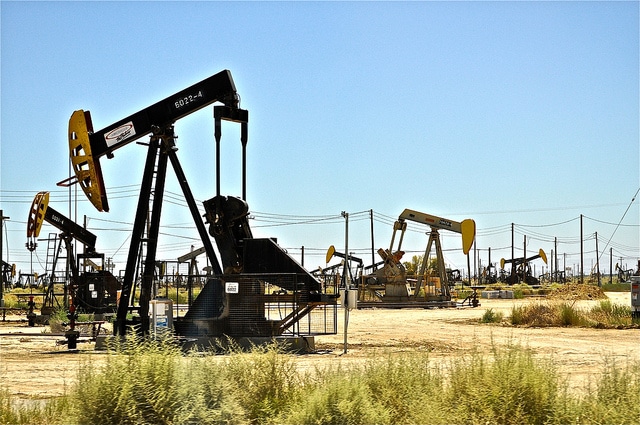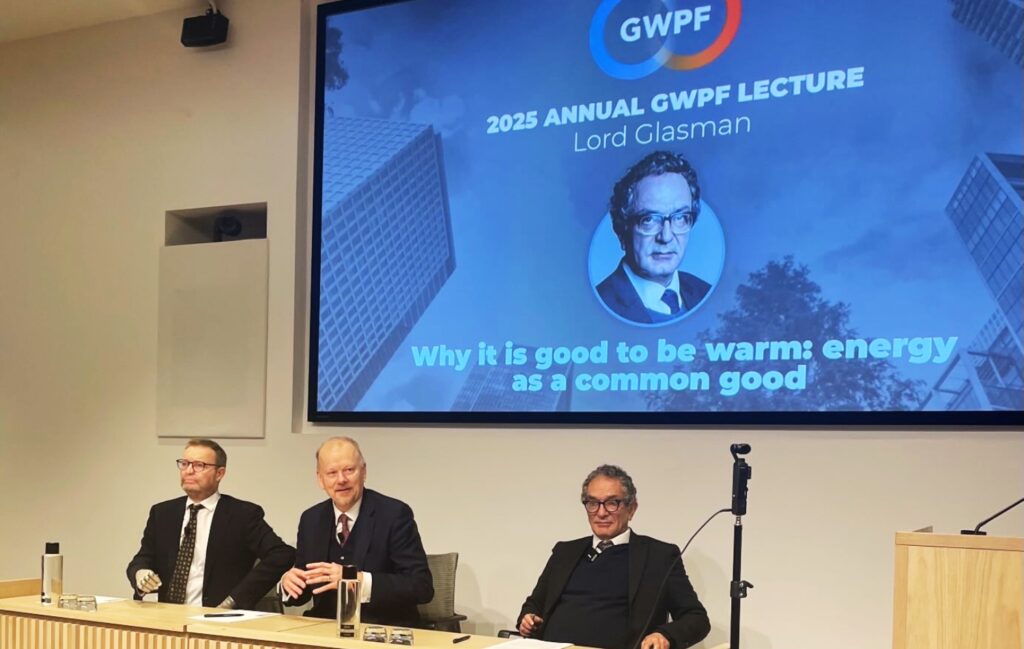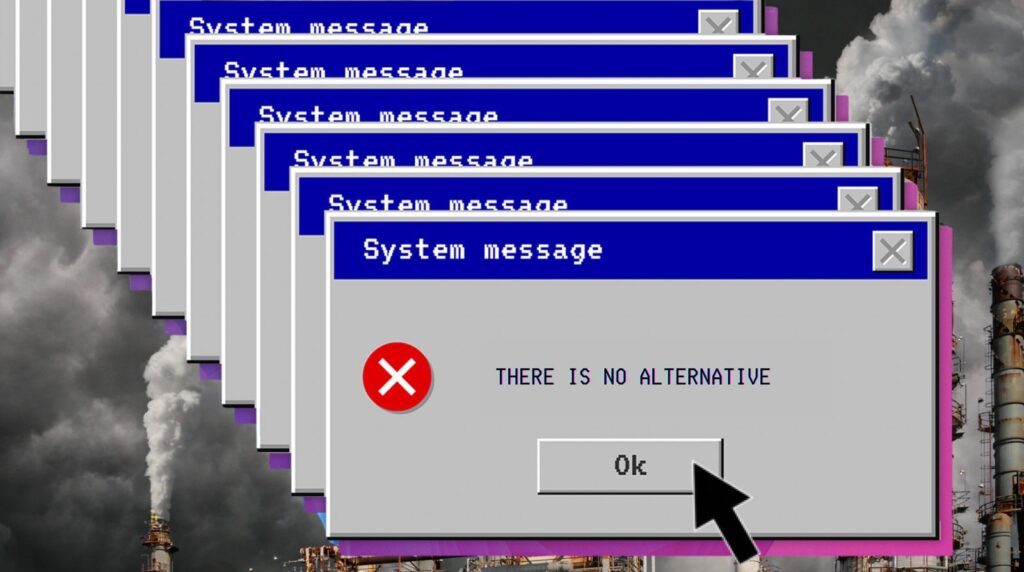It’s one of the highest-stakes debates in the battle over climate change policy action: how much methane is spewing from oil and gas sites nationwide, and what do we do as a result? If enough of the odorless, colorless methane gas leaks or is vented into the air, scientists say, then burning natural gas — marketed as a green fuel that can help wean the U.S. off of high-carbon fuels — will actually be worse for the climate than coal, long seen as the fuel that contributes the most to global warming.
Recently, over 100 community and environmental groups sent a letter urging the Environmental Protection Agency’s internal watchdog to investigate claims that a top methane researcher had committed scientific fraud and charging that he had made false and misleading statements to the press in response to those claims.
Earlier this month, NC WARN, an environmental group, presented the EPA Inspector General with evidence it said showed that key research on methane leaks was tainted, and that one of the EPA‘s top scientific advisors fraudulently concealed evidence that a commonly-used tool for collecting data from oil and gas wells gives artificially low methane measurements.
The 68-page complaint dated June 8 laid out evidence that David Allen, a professor of engineering at the University of Texas who served as the chairman of the EPA‘s Science Advisory Board from 2012 to 2015, disregarded red flags that his methane measuring equipment malfunctioned when collecting data from fracked well sites, a problem that caused his University of Texas study to lowball leak rates.
“We used the terms scientific fraud and cover-up because we believe there’s possible criminal violations involved,” said NC WARN executive director Jim Warren. “The consequence is that for the past 3 years the industry has been arguing, based largely on the 2013 study, that emissions are low enough that we shouldn’t regulate them.”
Dr. Allen’s research is a part of a high-profile but controversial research series sponsored by the Environmental Defense Fund that received one third of its funding from the oil and gas industry.
In response to the NC WARN complaint, Dr. Allen issued a statement saying that his team’s data was unaffected, saying that “we had 2-3 additional, independent measurement systems” other than the error-prone tool. But the new letter to the Inspector General labeled that response misleading, saying that in fact, there “was virtually no back-up” testing and that Dr. Allen’s response continued “the pattern of covering up the underreporting of methane emissions”.
The sharp rise of the U.S. gas drilling industry over the past decade or so means that it’s crucial for policy-makers and the public to know exactly how much methane — the key ingredient in natural gas, which is also a powerful greenhouse gas that can warm the climate 100 times as much as an equal amount of carbon dioxide — leaks or is deliberately vented into the atmosphere by the oil industry.
In March, federal energy experts predicted that 2016 will be the first year that the U.S. burns more gas than coal to generate electricity — and if enough of that methane leaks, the switch from coal to gas may spell disaster rather than relief for the climate, scientists warn.
The problem with Dr. Allen’s research wasn’t simply that the team used a faulty tool — the Bacharach Hi-Flow methane sampler is widely used by researchers and the industry — but that Dr. Allen rejected warnings from Touche Howard, the man who invented the technology used in the tool, that the readings were artificially low, without any sound scientific justification for waving off warnings, the complaint says.
“The problems Mr. Howard identified have not been openly addressed or corrected, resulting in the failure of the EPA to accurately report methane emissions for more than two years, much less require reductions,” NC Warn, a North Carolina-based environmental group, wrote in its complaint to the EPA‘s internal watchdog. “Meanwhile, the faulty data and measuring equipment are still being used extensively throughout the natural gas industry worldwide.”
While Dr. Allen’s research is not the only time that the flawed tool was used to collect data, his two studies have been used by the oil and gas industry and its supporters to support claims that leaks and venting are too low to require federal regulation. “The Allen studies are high-profile studies that have been widely cited (197 times as of April 2016) and presented before White House and Congressional staff,” the complaint to the EPA said, “and, as such, have given policy makers and the public an incorrect view of methane emissions from production sites.”
The data Allen collected seemed to show far lower levels of methane than most other studies from the past several years.
“From the start, the paper by Allen and colleagues in 2013 seemed to have unusually low estimates for methane emissions from shale gas, certainly in comparison to most of the other recent literature,” said Cornell University’s Dr. Robert Howarth, who in 2011 authored a now-famous paper showing that natural gas might be worse for the climate than coal, just as the shale rush was beginning to take off. “Howard makes a convincing case that instrument failure explains at least part of the problem with the work of Allen and colleagues, and quite possibly with other studies upon which the US EPA has relied.”
As DeSmog reported last August, “The study’s key contribution to the science on methane leaks was that researchers were allowed to access to oil and gas wells, including 27 wells where fracking was underway, and test individual pieces of equipment. ‘This is actual data, and it’s the first time we’ve had the opportunity to get actual data from unconventional natural gas development,’ Mark Brownstein, an Environmental Defense Fund associate vice president, told FuelFix when the UT study was published.”
But the Bacharach Hi-Flow methane sampler, a backpack-size portable device that is the only tool on the market designed to collect instantaneous readings of methane levels, suffers from a flaw that can compromise the data it collects. The sampler contains two meters, a sensitive one that sniffs out low levels of methane, and a more powerful one used to report higher concentrations of the gas. Mr. Howard discovered that the meter can sometimes fail to switch from low to high — meaning that big leaks would look as much as 100 times smaller than they actually were.
That means that Allen’s conclusions could have seriously underestimated how bad the leaks were. “Over 98% of the [methane] inventory calculated from their own data and 41% of their compiled national inventory may be affected by this measurement failure,” the Howard paper concluded.
While the problems were reported in the peer-reviewed press, Dr. Allen failed to adjust his findings, the complaint alleges. “Rather than act on this information by disclosing it to other research participants, Dr. Allen misused his authority, and gave false or misleading information to the EDF Production Group between October 2013 and January 2014, minimizing Mr. Howard’s concerns,” NC WARN said in its complaint.
“I’ve gone to Dr. Allen repeatedly and asked him to address these issues, and since they haven’t been addressed, unfortunately, at this point, I think that is the only solution,” Howard told InsideClimate News.
After NC WARN‘s complaint was made public, Dr. Allen said that he stood by the data he had collected. “Our study team strongly asserts that the instrument we used and the measurements we made were not impacted by the claimed failure,” Allen said in a statement. Dr. Allen previously published a peer-reviewed note responding to Mr. Howard’s research, but Mr. Howard said that the note had failed to adequately address concerns.
But in a June 24 letter, NC Warn’s Jim Warren said that Dr. Allen had withdrawn his rebuttal and that the independent measuring systems that Dr. Allen had described “actually confirmed the occurrence of BHFS sensor failure”.
For its part, the Environmental Defense Fund, downplayed the importance of Allen’s research to its overall conclusions on methane leak rates, but said that it planned to continue incorporating Allen’s data in its final analysis.
“As always, EDF welcomes – and indeed, we encourage – honest and open review of any science we’re involved with, including these two papers,” EDF said in its statement. “But the overall impact of the questions raised on national methane emissions rates is limited. It’s important not to overestimate their individual significance in vast catalog of studies published in the two-and-a-half years since Dr. Allen’s first study was released.”
Overall, scientific fraud is more common than one might think. “Every day, on average, a scientific paper is retracted because of misconduct,” The New York Times reported last year. “Two percent of scientists admit to tinkering with their data in some kind of improper way. That number might appear small, but remember: Researchers publish some 2 million articles a year, often with taxpayer funding.”
But the stakes in methane leak research are extraordinarily high, given both the extreme consequences of climate change and the financial might of the oil and gas industry, which argues that regulation could drive companies out of business.
NC WARN‘s allegations drew the attention of D.C.’s oldest and most widely-circulated newspaper, The Washington Post.
“It’s time to listen to Howard and revisit the study that found a lower level of methane emissions, given what’s known about the quirks in the device that monitored them,” the Post said in its coverage of the complaint.
Earlier this year, the EPA announced new rules designed to reduce methane leaks — but those rules will only apply to new and modified oil and gas operations, not to the nation’s extensive oil and gas facilities already in place. So the new rules won’t apply to aging and decaying pipeline networks or older gas wells, for example. Instead, the EPA is collecting more data about those leaks, a process that won’t end before the Obama administration leaves office.
And given the accelerating pace of climate change, environmentalists are chaffing at the slow pace of regulation.
“The EPA‘s failure to order feasible reductions of methane leaks and venting has robbed humanity of crucial years to slow the climate crisis,” said Mr. Warren. “The cover-up by Allen’s team has allowed the industry to dig in for years of delay in cutting emissions at the worst possible time.”
Photo Credit: Oil Rig, by SMalindo, via Flickr
Subscribe to our newsletter
Stay up to date with DeSmog news and alerts






